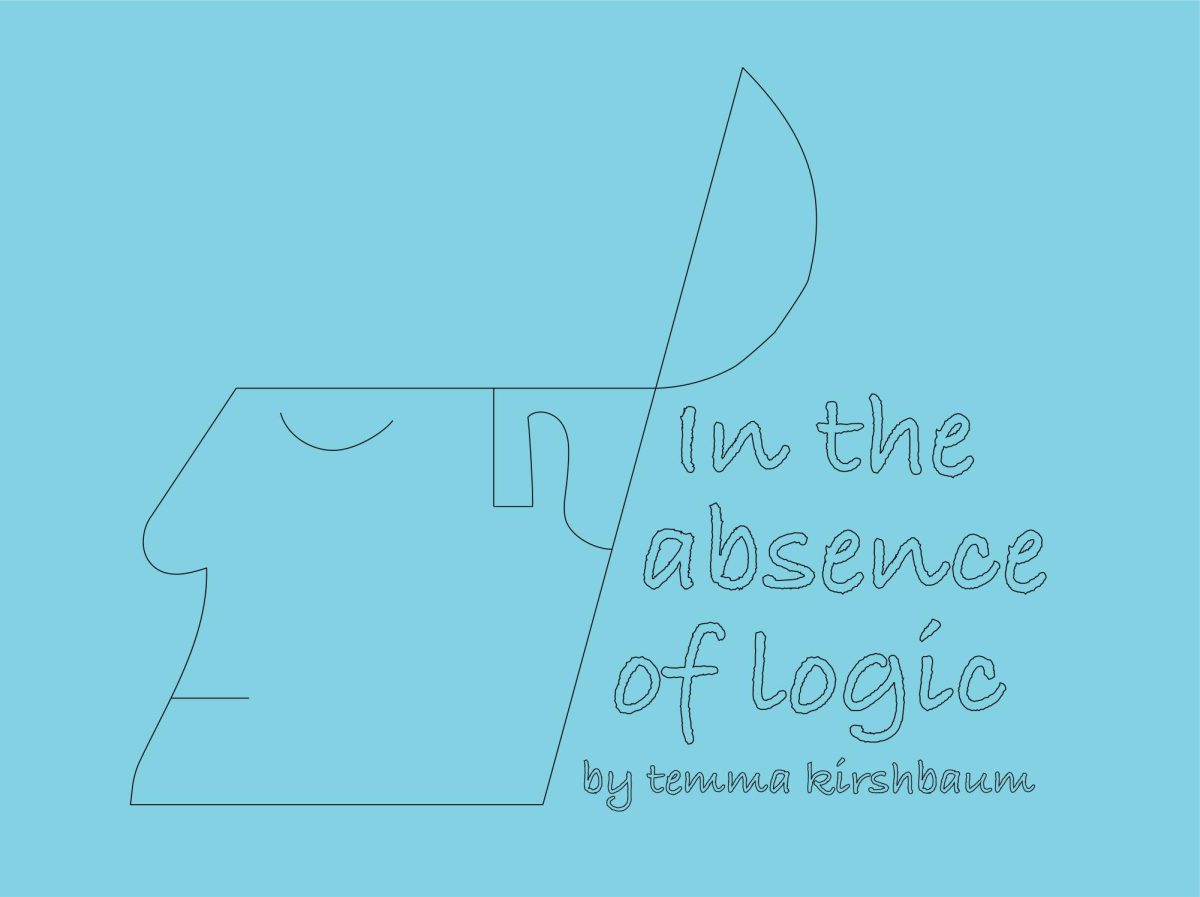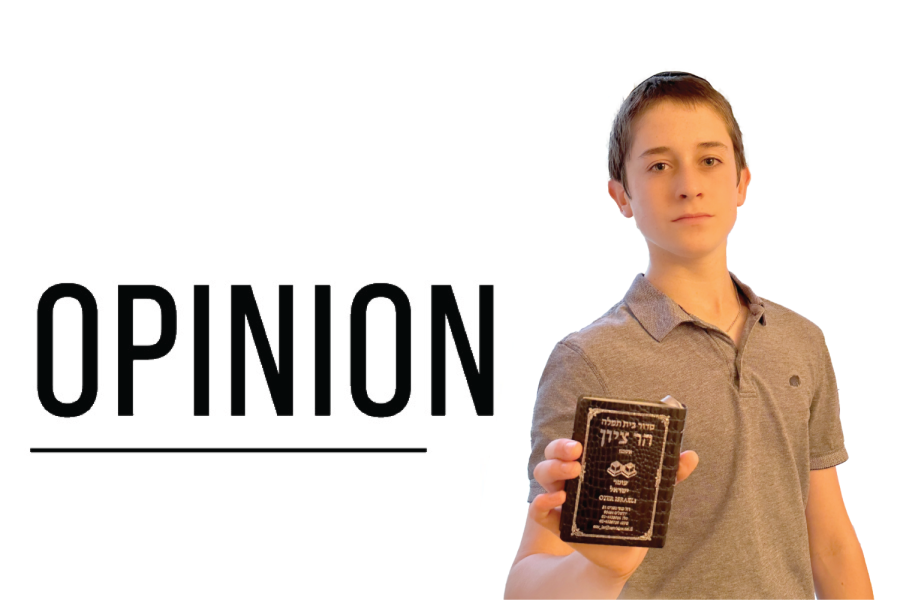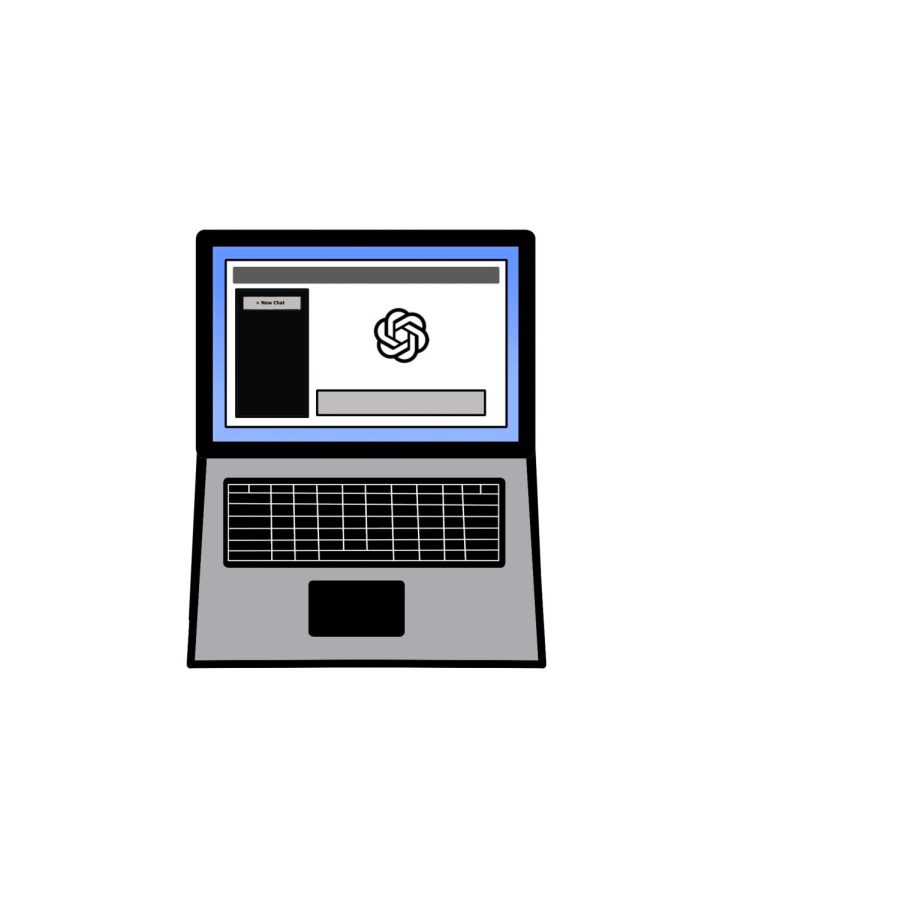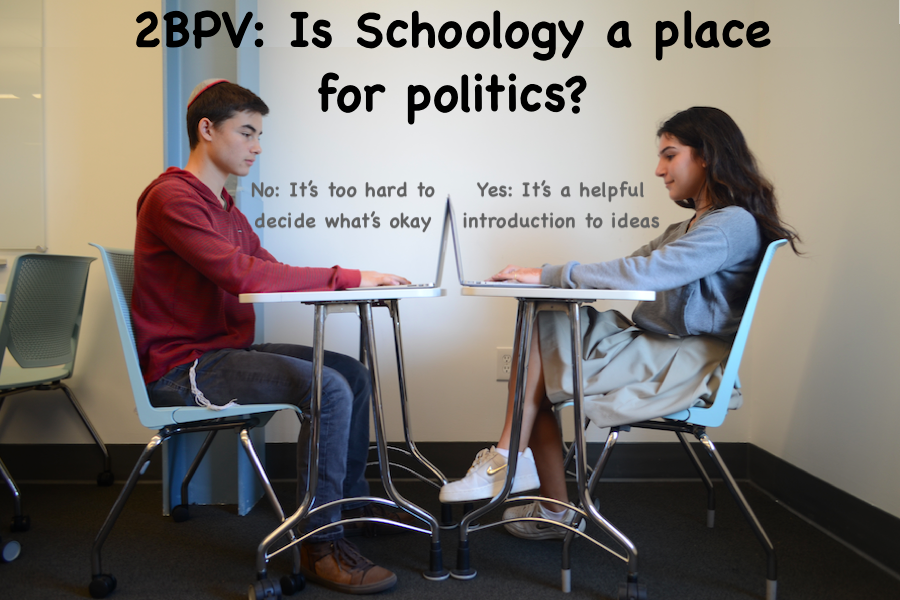Freedom is a marvelous thing.
Whether freedom of speech, freedom to protest, or the freedom to surf the Internet, freedom has become synonymous with ‘happiness,’ and ‘America,’ and for all the right reasons. This is because freedom is what propelled America to heights that were unforeseen when the founding fathers wrote the Constitution.
And so, one would logically assume that in the same way that the government has not interfered with the personal choices we make in our everyday lives, it should never interfere with them in the future. It has worked in the past, and so it will always work, the logic goes.
Hence the perplexing dilemma concerning whether some of these freedoms should ever be sacrificed, and at what cost.
“We the people [establish a government to]…insure domestic tranquility,” but also to “secure the blessings of liberty,” according to the Constitution. What if those two come into conflict? What if they are mutually exclusive under certain circumstances? This is the root of one of the longest running debates in our history.
The most prominent example of this dilemma in recent times has been the Patriot Act. This act, which has consistently been supported by both parties, allows the government to infringe on private things, such as our phone calls, for the sake of security. But the question now, in light of the infamous whistleblower website wikileaks.org and the situation in Egypt, is whether our government should have the ability to shut down the internet during times when national security is at stake.
“Shut down,” and “kill switch” – the terms used to convey the power the U.S. president would be granted under a new bill currently before Congress – are undeniably ill-sounding, and therefore misleading. It is understandable, then, that someone who doesn’t understand the particular dangers that come with the freedom to surf the internet at all times would naturally cry out against such a “kill switch.”
Cyber-security has become a more prominent discussion in government now than it has ever been in the past for a specific reason: As we become more technologically advanced, and as the entire world follows suit, we also become more vulnerable to massive attacks that could create mass chaos – and cause the loss of many lives.
Stuxnet, the supposed Israeli-American computer worm that caused the self-destruction of about 1,000 Iranian uranium enrichment centrifuges just recently, is but one of many examples that prove the growing power of the internet, and its ever-increasing ability to send shockwaves that could destabilize the world in mere minutes.
Therefore, one must consider the following critical point when debating whether security or internet freedom should hold more weight: What is the purpose of freedom, when your world has been shattered, or even worse, when you or someone you know loses their life? This is a tough question to ask, but an absolutely essential one to ponder.
Sure, in an ideal world, your freedom should never be taken away from you. The Internet should stay on, your phone calls should not be intercepted, and your privacy should never be infringed upon. But the truth of the matter is that this is not an ideal world.
In fact, this world is pretty vile and disgusting when you decide to leave your bubble and look at what is truly going on. It is hard to wrap one’s mind around the fact that someone out there, at any time of the day, every day, is trying to plot the destruction of America and of Israel, and of your family and your friends. But that is the truth, and unfortunately, this is what we have to deal with today. And I would rather we take the steps necessary to prevent such plots from unfolding now, than forever regret our selfish insistence on having the internet always ‘on’ — if we will be here to regret it at all.












